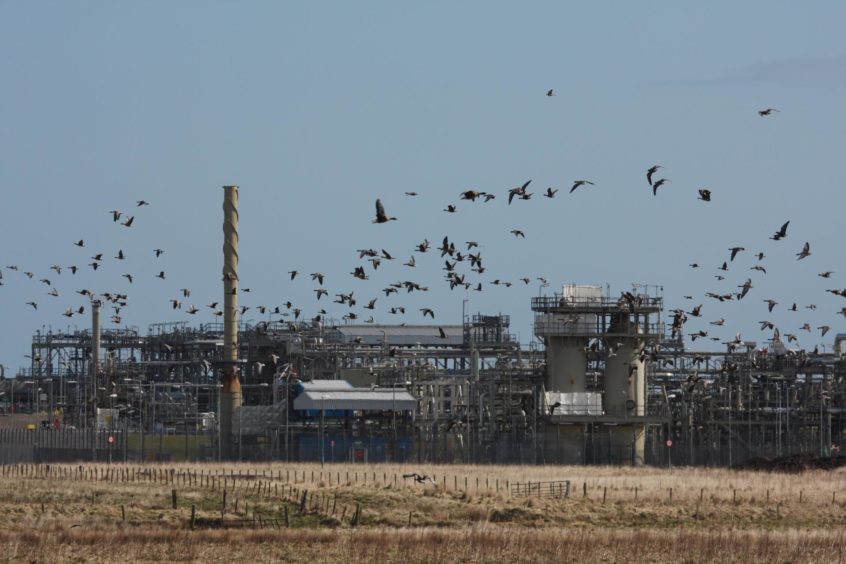
A pioneering north-east carbon capture, utilisation and storage (CCUS) scheme will not form part of the UK Government’s initial vanguard.
In a written statement made today, energy minister Greg Hands confirmed the Scottish Cluster bid, which has the Acorn project as its backbone, has been selected as a “reserve cluster”.
The two schemes that have been awarded ‘Track 1″ funding are Hynet, backed by ENI, and the East Coast Clusters, which features some of industry’s biggest names, including BP and Shell.
If they represent “value for money for the consumer and the taxpayer” then they will receive support under the government’s CCUS Programme, subject to approval by ministers.
READ: East Coast Cluster and HyNet win CCUS support from UK Government
Mr Hands said the Department for Business, Energy and Industrial Strategy (BEIS) will “continue to engage” with the Scottish Cluster throughout “Phase 2” of the process.
Under the government’s 10 point plan, four clusters are being selected, two to be up and running by 2025 and two more by 2030, each sharing a £1billion pot.
The announcement means there’s still hope for the Scottish Cluster to be selected for the second round.
An update on the ‘Track 2’ phase is expected imminently.
He said: “I am today, confirming that the Hynet and East Coast Clusters have been confirmed as track 1 clusters for the mid-2020s and will be taken forward into Track-1 negotiations. If the clusters represent value for money for the consumer and the taxpayer then subject to final decisions of Ministers, they will receive support under the government’s CCUS Programme.
“We are also announcing the Scottish Cluster as a reserve cluster if a back-up is needed. A reserve cluster is one which met the eligibility criteria and performed to a good standard against the evaluation criteria.
“As such, we will continue to engage with the Scottish Cluster throughout Phase-2 of the sequencing process, to ensure it can continue its development and planning. This means that if government chooses to discontinue engagement with a cluster in Track-1, we can engage with this reserve cluster instead.
“Deploying CCUS will be a significant undertaking, these are new major infrastructure projects for a new sector of the economy and carry with them significant risks to deliver by the mid-2020s. Government will continue to play a role in providing long-term certainty to these projects to manage these risks and bring forward the UK’s first CCUS clusters.”
‘Scandalous’
Stephen Flynn, MP for Aberdeen and the SNP’s business spokesman in Westminster, slammed Westminster for overlooking the Scottish Cluster.
He said: “This is a scandalous decision from the Tory government.
“The North East of Scotland was the obvious location for a carbon capture project given that we are the home of the offshore industry yet we’ve been ignored in favour of locations in England – an utterly devastating blow.
“The Tories pulled the plug on £1billion of carbon capture investment in 2015 and they’ve now repeated the trick. How can we possibly have a ‘just transition’ if they aren’t willing to put the North East of Scotland first?
“This announcement has all the hallmarks of the Tory Government repeating the mistakes of the 1980s when they turned their backs on the coal communities – it’s unjustifiable and unforgiveable.
“To be clear, this decision is a catastrophic blow to Scotland’s net zero ambitions and a betrayal of the North East.”
Disappointing
A number of significant industry names have lent their support to the Scottish Cluster, including former oil and gas tycoon Sir Ian Wood.
There are many who were hoping Acorn, which is being driven by Storegga, Shell and Harbour Energy, would offer a route for oil and gas workers to transition.
The Scottish Cluster had been expected to deliver as many as 26,000 jobs in the next decade.
The scheme, based at the St Fergus gas terminal, near Peterhead, is planning to use North Sea pipelines to store CO2 under the North Sea.
Work is also ongoing to explore the potential for creating blue hydrogen at the site.
Shell’s North Sea boss Simon Roddy previously said the company would put its upstream business in reverse to help to deliver Acorn.
Several of Scotland’s largest emitters, including Ineos’ Grangemouth site, ExxonMobil’s Mossmorran facility and SSE Thermal’s Peterhead Power Plant, had already signed up to use the CCS technology.
Stuart Haszeldine, director of industry body Scottish Carbon Capture and Storage and another supporter of the initiative, said: “That is clearly extremely disappointing if confirmed. And places a huge bet on hydrogen generation rather than widespread and diverse industry decarbonisation.
“Inevitably it will be essential that Government puts explicit and strong support into any projects destined for Track 2, as there has been persistent vagueness and silence on that topic.
“Previous UK competitions on CCS and industry have shown it is very difficult to keep project teams operational if initial awards are made elsewhere. If levelling up extends to Scotland some tangible actions are needed from UK Government.”
Liam Kerr, Scottish Conservative shadow cabinet secretary for Net Zero, Energy and Transport said: “It’s obviously disappointing the Scottish Cluster is not in a higher position during the first stage.
“Support to develop CCUS technology is vital for the future of the North Sea energy industry.
“The Scottish Conservatives have been pushing hard for the North East to be at the forefront of CCUS.
“That will not change and it still will be a UK and world leader.
“Looking to track two within this decade, we will redouble our efforts with the UK Government, which has been the only one to acknowledge the strengths of Scottish CCUS, especially since the Greens and SNP formed their coalition of chaos.
“The Greens would scrap it all today if they could.”
‘Good news for the future’ or a ‘lack of ambition’
Malcolm Offord, UK Government Minister for Scotland, has attempted to put a positive spin on the Acorn rejection.
He said: “The strong potential of the Acorn project has been confirmed by the bidding process. That’s good news for the future and, while I know the bid team will be disappointed not to have made the first cut, it’s encouraging that the Scottish Cluster is a reserve and I’m confident it will continue to develop and compete for the next round of funding.
“To date, the UK Government has allocated £31million supporting the development of the scheme and it remains a key player in meeting ambitious carbon capture goals that would see 20-30 megatonnes of carbon dioxide stripped out by 2030. Scotland has a world-leading energy sector and the UK Government will continue to invest in its future.”
But that hasn’t done anything to quell the anger of the Scottish Government, who have accused Westminster of a “clear lack of ambition and leadership on climate change”.
Michael Matheson, Scotland’s net zero and energy secretary, said: “The Scottish Government supports the development of CCUS in Scotland, and has been a firm supporter of the Scottish Cluster’s bid into the sequencing process. It is clear that the Acorn project is the most cost-effective and deliverable opportunity to deploy a full chain CCS project in the UK.
“It is therefore completely illogical that the UK Government has taken the decision not to award the Scottish Cluster clear and definitive Track-1 status. It is a decision which significantly compromises our ability to take crucial near-term action to reduce emissions – not just in Scotland, but across the UK.
“This decision also delays what is a fantastic opportunity for the sector to deliver a just transition for our workforces, capitalising on existing skills and expertise to create many good, green jobs in the coming years.”
History
Prime Minister Boris Johnson had previously hinted that the Acorn project could benefit from government investment while speaking to the BBC Good Morning Scotland programme earlier this month.
The news comes following a previous CCS snub for Peterhead.
Between 2007 and 2015, it ran two competitions for support to develop CCS projects in the power sector, but both were controversially cancelled before funding was awarded.
A project involving Shell and SSE at Peterhead Power Station had been competing with a scheme in North Yorkshire in the second contest, only for the £1 billion grant to be withdrawn.
Projects in the running
A number of CCS projects across the UK were competing to be among the UK Government’s Track 1 projects.
Habour Energy’s V Net Zero scheme in the Humber was recently granted a CCS license by the Oil and Gas Authority, meanwhile Neptune Energy’s DelpHYnus initiative was also vying for Westminster backing.
Together, the project could help the UK capture up to 100 million tonnes of carbon per year, helping to decarbonise sectors like heavy freight and marine transport.
And trade body Oil and Gas UK (OGUK) has underlined that the UK will need all of the proposed clusters – and more – if it is to achieve net zero carbon emissions by 2050.
Mike Tholen, OGUK sustainability director, said: “This is a landmark moment for the UK in showing the world how they can achieve net zero emissions and the selection of Hynet and the East Coast Cluster is positive progress. However, we are going to need all of these carbon capture and hydrogen projects and more if the country is to become carbon neutral by 2050.
“Of all the carbon capture clusters in development, every single one of them involves an oil and gas company. With 50 years of expertise producing energy, the UK’s changing oil and gas industry is using its skills to help the country hit net zero. We look forward to seeing both Track 1 and Track 2 clusters make progress urgently, turbo charging progress towards our climate goals while providing jobs and opportunities to energy communities across the UK.”
A Neptune spokesperson said: ”We remain committed to progressing with our DelpHYnus CCS plan, which is an effective, value-for-money solution. We believe all of the proposed clusters will be necessary to support the UK in meeting its net zero targets.”
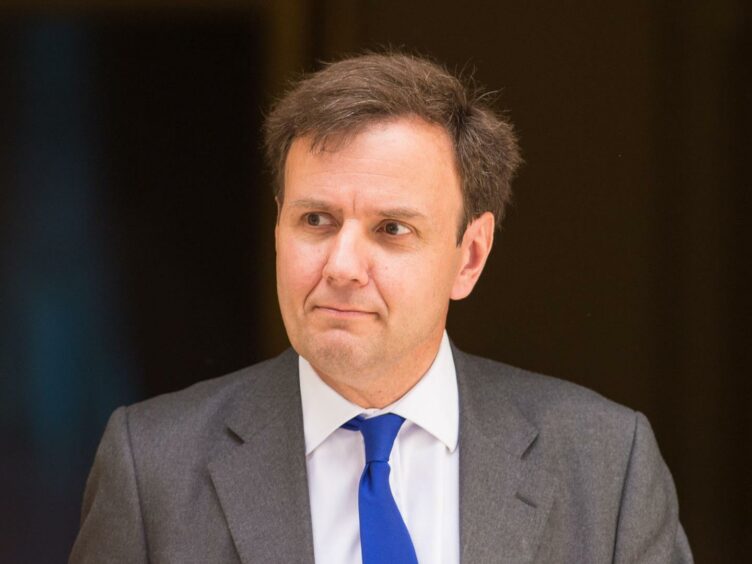 © PA
© PA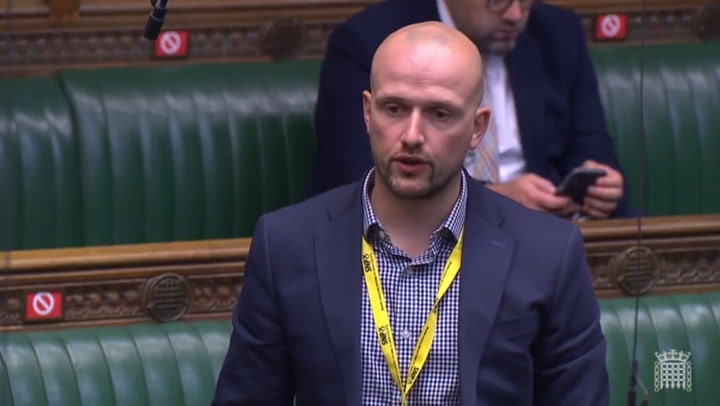
 © SCCS
© SCCS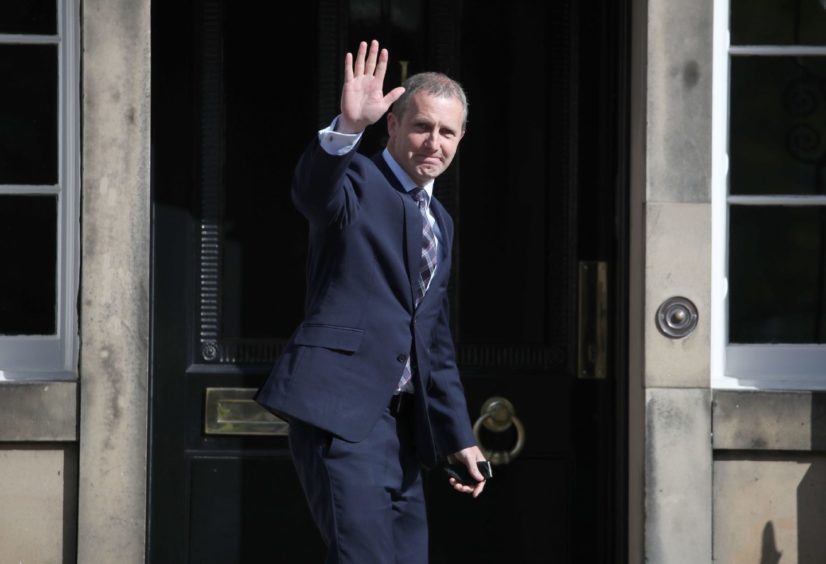 © PA
© PA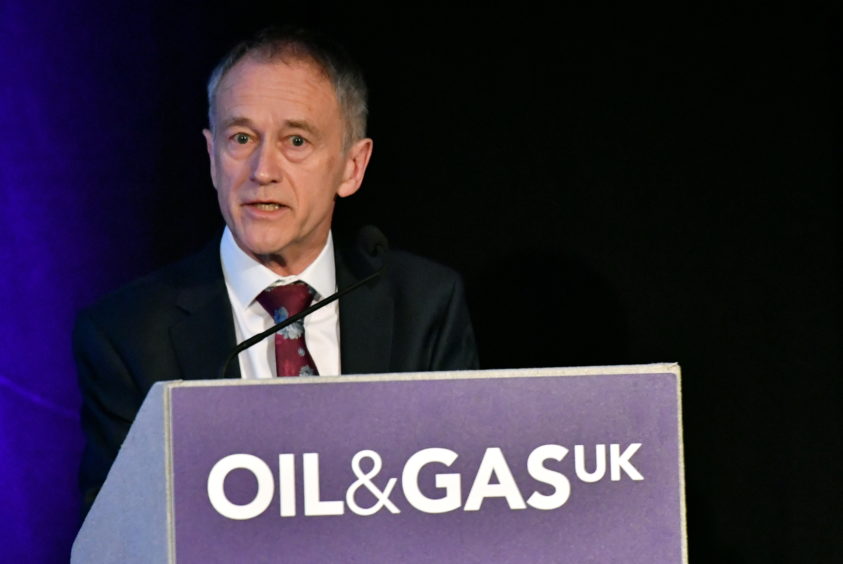 © PRESS AND JOURNAL
© PRESS AND JOURNAL